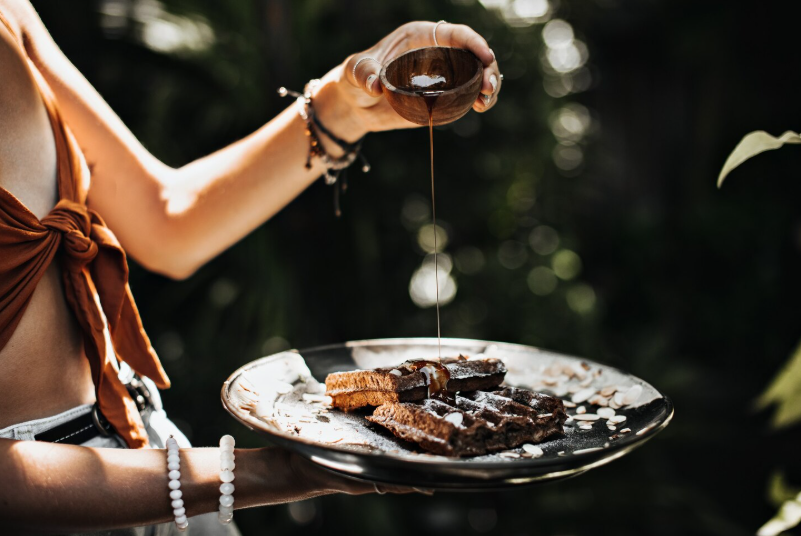Truffle-Hunting Adventures for Luxury Food Travelers
Introduction: The Allure of the Underground Gold
Truffles have long captured the imaginations of chefs and gastronomes: rare, scent-driven fungi prized for their complex aroma and ability to elevate simple ingredients into extraordinary dishes. For luxury food travelers, truffle-hunting adventures offer more than a tasting—they provide a behind-the-scenes look at a centuries-old rural craft. These bespoke experiences combine foraging with local hospitality, guided by expert truffle hunters, trained dogs, and often culminating in private meals prepared by top chefs.
Where to Go: Iconic Truffle Regions
Europe’s most celebrated truffle zones span Italy, France, and Spain:
- Piedmont, Italy: Famous for the white truffle of Alba, this region hosts seasonal truffle fairs and Michelin-starred dining that centers around freshly harvested truffles.
- Tuscany and Umbria, Italy: Known for both white and black truffles, these regions combine rolling landscapes with intimate truffle farms and agriturismi that open their kitchens to guests.
- Périgord, France: The French black truffle (tuber melanosporum) is closely associated with this region, where truffle markets and cooperative networks sustain local producers.
- Huesca and Teruel, Spain: Spain’s rising reputation in truffle production pairs rustic villages with modern hospitality, offering authentic experiences for adventurous gourmands.
The Experience: From Field to Plate
A typical luxury truffle-hunting itinerary begins early in the morning. After a short briefing, guests join a truffle hunter and their dog to search woodlands and truffle grounds. The hunt is interactive—visitors learn to recognize the subtle signs of truffle presence, listen to the dog’s cues, and observe ethical harvesting techniques that preserve the mycelial networks for future seasons.
Following the hunt, many operators host a market-style show-and-tell where truffles are weighed, graded, and discussed. The day often concludes with a curated meal—sometimes in a private villa or hilltop restaurant—where chefs transform the freshly foraged truffles into a multi-course tasting, paired with regional wines and complemented by local stories.
Why Dogs, Not Pigs
Historically, pigs were used to locate truffles, but most modern truffle hunters prefer dogs. Dogs are easier to control in the field and less likely to damage truffle beds by trying to eat the find. Trained truffle dogs—often Lagotto Romagnolo or other search-bred breeds—are central to the ethical, sustainable harvesting practices preferred by luxury operators.
Ethical Foraging and Sustainability
Sustainable practices are essential to protect truffle habitats. Responsible hunters follow guidelines: minimal disturbance of soil, careful reburying of small specimens to allow growth, and respecting private land rights. Luxury operators who prioritize sustainability also support local conservation efforts and work with community cooperatives, ensuring that tourism benefits the rural economies and preserves truffle grounds for future generations.
Customizing the Luxury Experience
Luxury travelers can request highly customized packages: private charters between estates, exclusive tastings with Michelin-starred chefs, or combined itineraries that include winery visits and historic sightseeing. Concierge services often arrange private transfers, multilingual guides, and exclusive access to estates outside typical public hours—making the experience both seamless and deeply personal.
Seasonality and Timing
Timing is crucial. White truffle season in northern Italy typically runs from late autumn into early winter, while black truffle seasons vary by region. Bookings should be made well in advance for peak months—October through February—when local markets and festivals are active. Off-season visits can still offer educational value but may not guarantee fresh harvests.
Practical Considerations and Costs
Truffle-hunting experiences are a premium offering and pricing reflects the exclusivity: expert guides, private meals with high-end ingredients, and the logistics of accessing rural truffle sites. When budgeting, include costs for transportation, tasting menus, truffle purchases (priced by weight), and any private guides or chefs. Many operators offer tiered experiences to match different levels of exclusivity and group sizes.
Tips for the Discerning Traveler
- Book with an experienced operator that can provide references and transparent sourcing practices.
- Request inclusion of local experts—mycologists or seasoned truffle hunters—to deepen the educational value.
- Consider combining the hunt with culinary workshops where you learn to prepare truffle-forward dishes.
- Bring suitable outdoor clothing and footwear; many hunts occur in damp, uneven terrain.



